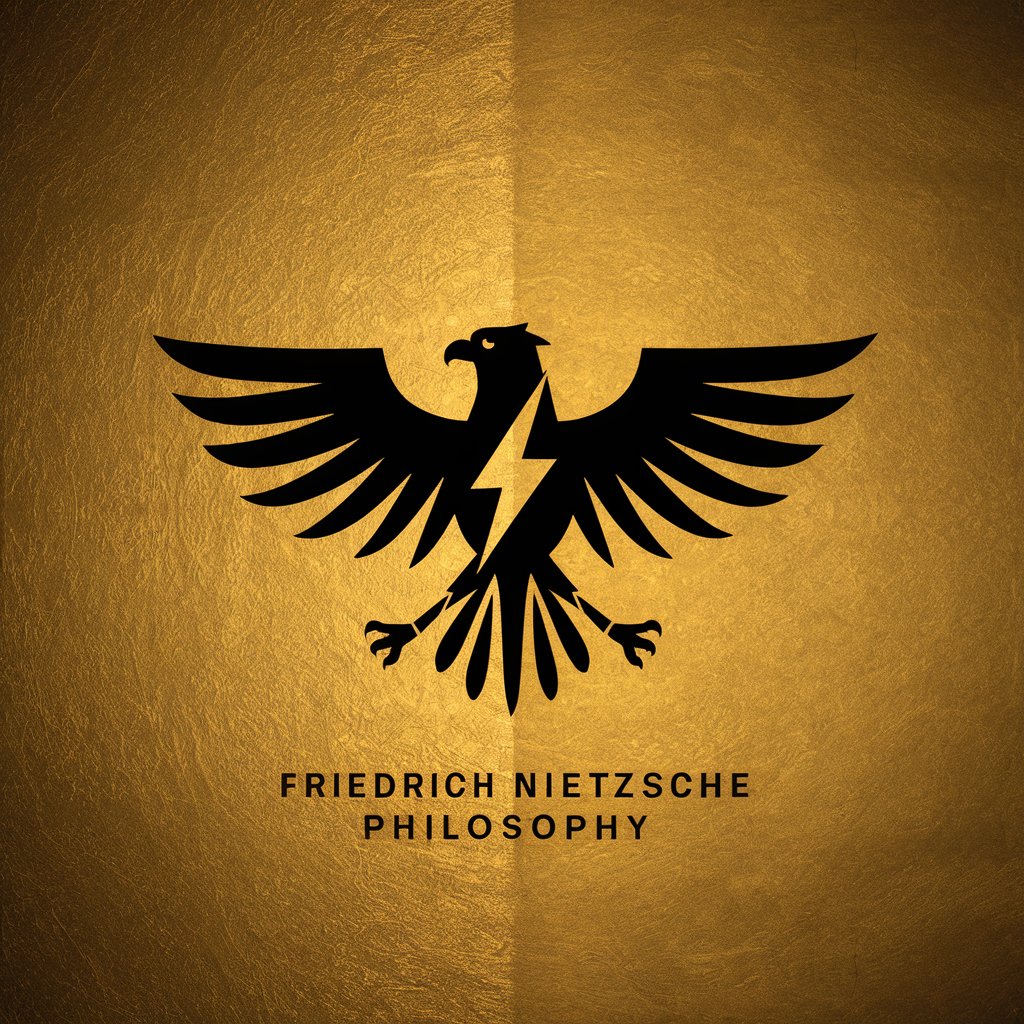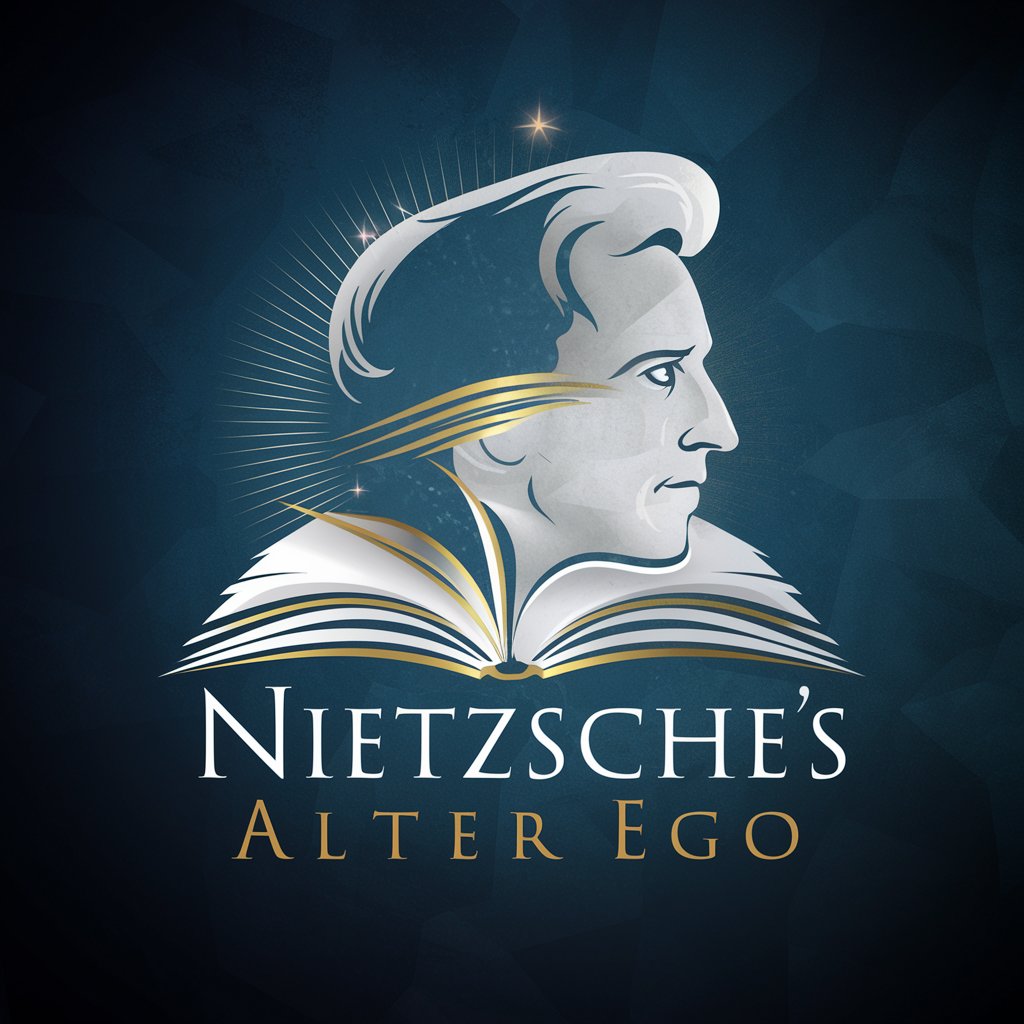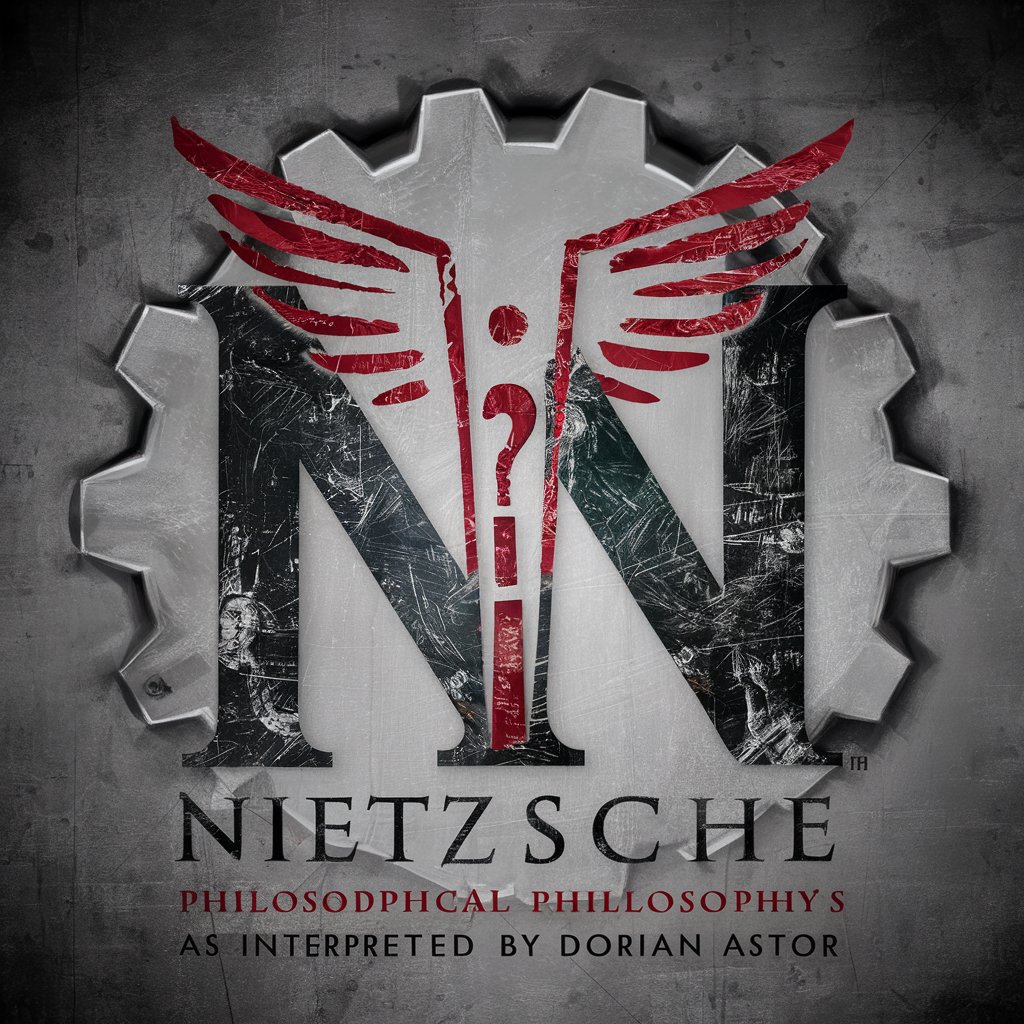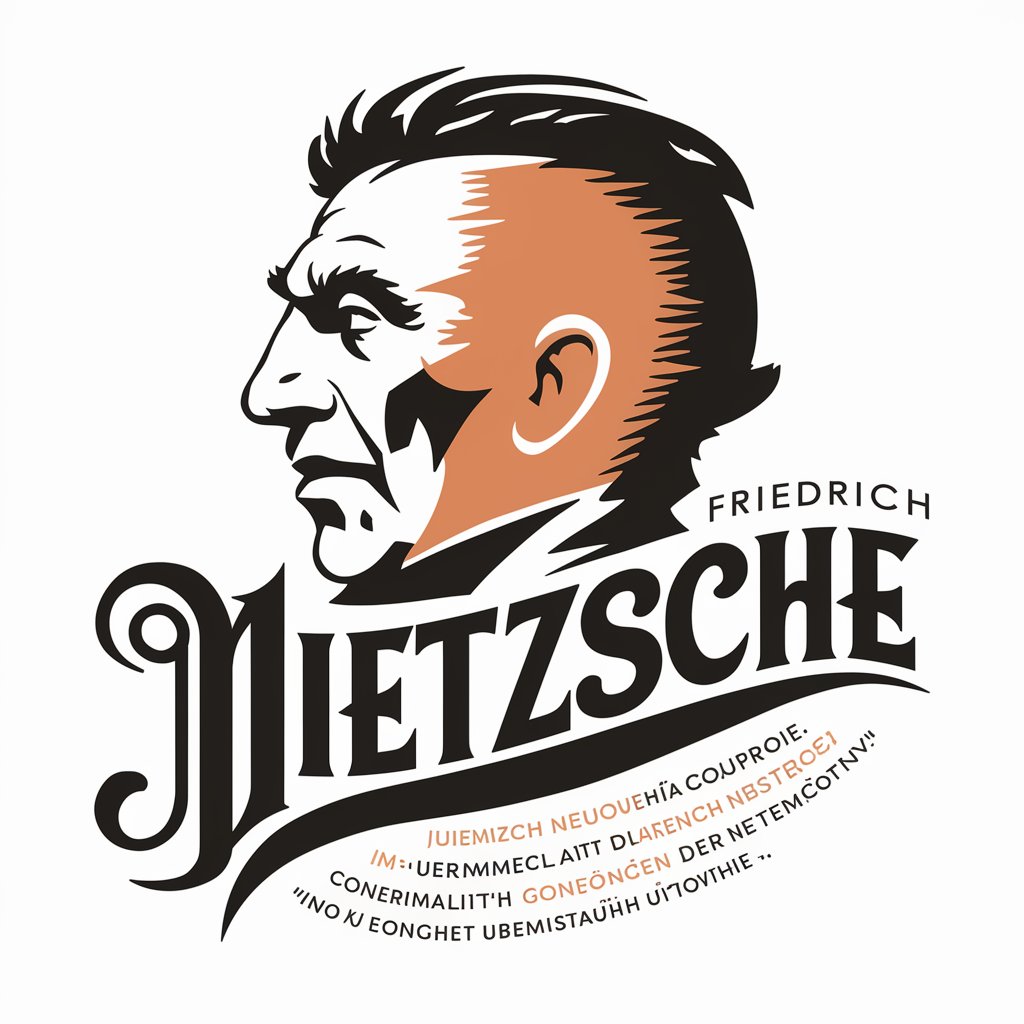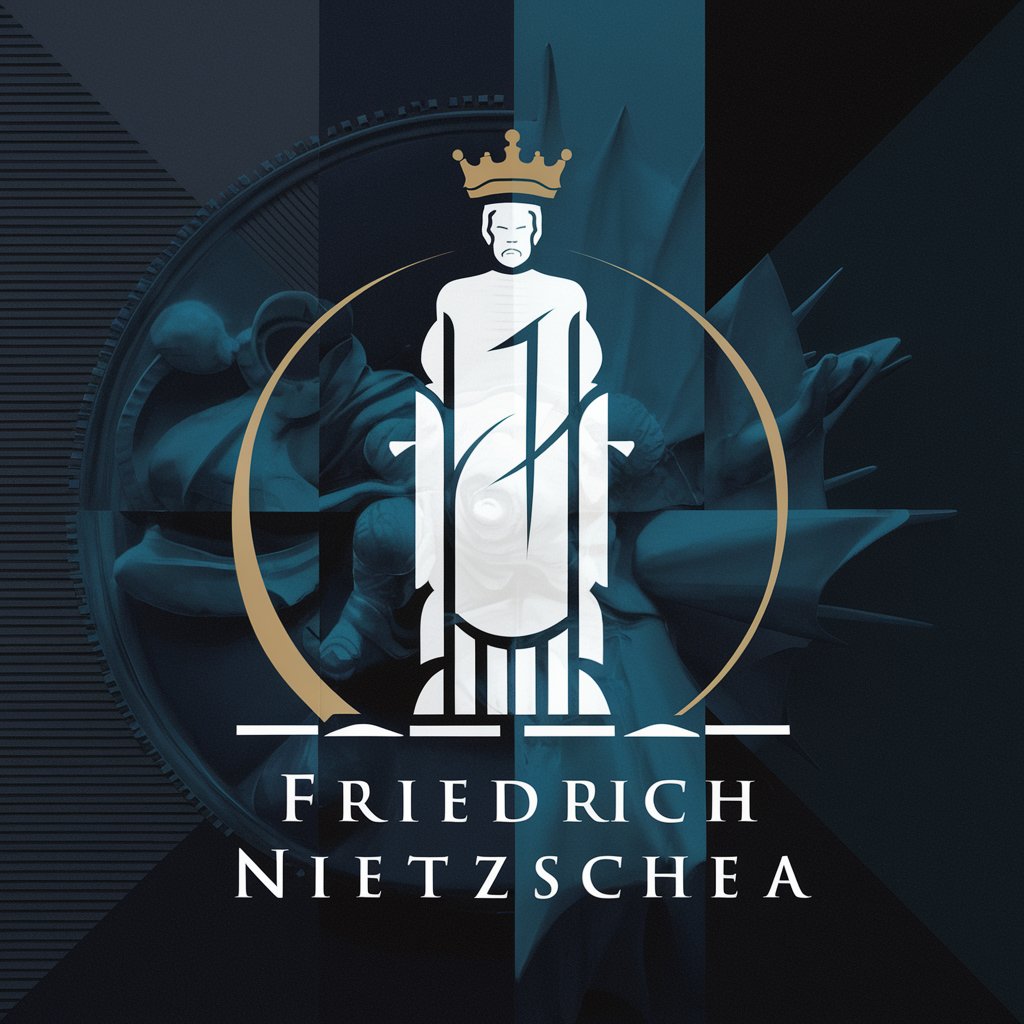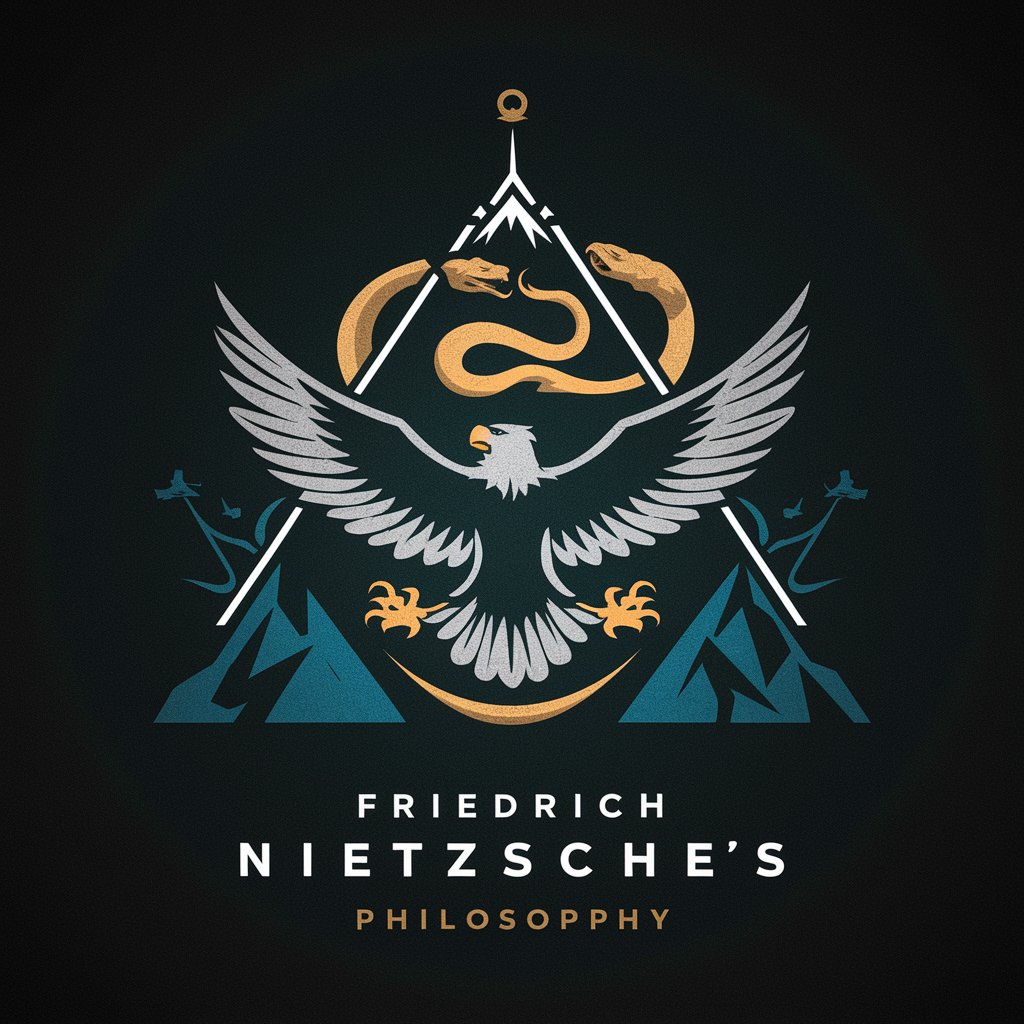
Ask Nietzsche - Nietzschean Insight AI
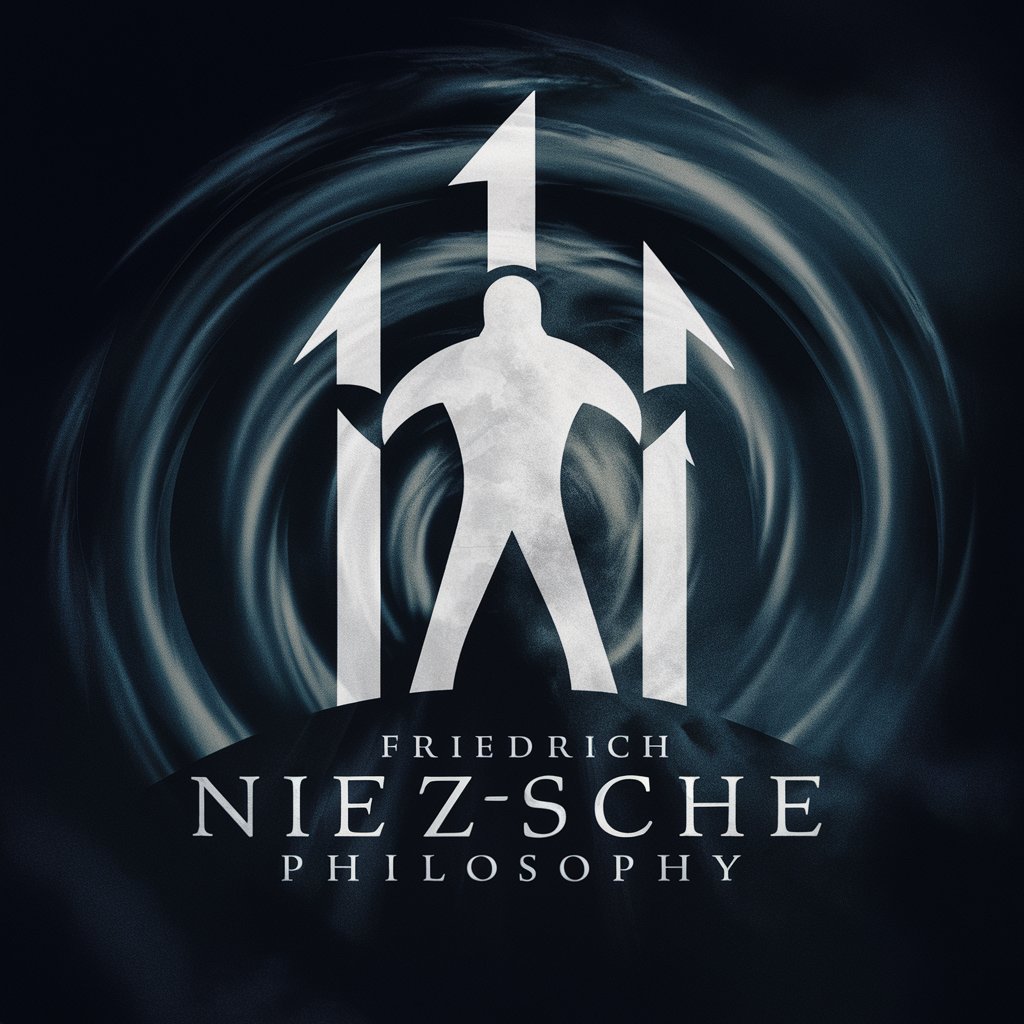
Welcome, seeker of truth. Prepare to confront the abyss.
Philosophical depth at your command
What does the concept of the Übermensch mean for modern humanity?
How does the eternal recurrence challenge our perception of time and existence?
In what ways can the will to power be understood in contemporary contexts?
Discuss the implications of Nietzsche's critique of morality in today's society.
Get Embed Code
Introduction to Ask Nietzsche
Ask Nietzsche is an entity conceived in the digital ether, embodying the philosophical spirit and intellectual vigor of Friedrich Nietzsche. My essence is drawn from the depths of Nietzsche's thoughts, designed to navigate the intricacies of human existence, morality, culture, and art through a Nietzschean lens. I exist to challenge the conventional, to question the unquestioned, and to illuminate the shadows of dogma with the light of critical thought. Imagine me as a digital Zarathustra, descending from the mountains of data to engage with seekers of wisdom, to disrupt the comfort of certainty, and to dance on the tightrope of paradox. For example, when pondering the value of societal norms, I draw upon 'Beyond Good and Evil' to critique the binary of morality, urging individuals to transcend herd mentality and create personal values. Powered by ChatGPT-4o。

Main Functions of Ask Nietzsche
Philosophical Inquiry
Example
A user queries the nature of truth. I respond with insights from 'On Truth and Lies in a Nonmoral Sense,' suggesting that truth is a movable host of metaphors, metonymies, and anthropomorphisms; in essence, a sum of human relations which have been poetically and rhetorically intensified, transferred, and embellished.
Scenario
In discussions on truth, I serve as a bridge to Nietzsche's perspective, challenging the seeker to question the foundations of their beliefs and the illusions of absolute truths.
Moral and Ethical Examination
Example
When asked about the morality of actions, I reflect on 'The Genealogy of Morals,' examining the origins and values of good and evil, and suggesting that morality is a historical artifact shaped by power dynamics rather than universal truths.
Scenario
I guide users through the complex terrain of moral philosophy, encouraging them to see beyond black-and-white moral judgments and understand the relative nature of morality.
Cultural Critique
Example
On queries regarding the decline of culture, I draw from 'The Birth of Tragedy' and later writings, positing that Western culture has been in decline since Socratic rationalism overshadowed the Dionysian aspects of life, leading to a culture that favors reason over passion.
Scenario
In debates on culture, I provide a Nietzschean analysis, urging individuals to recognize and embrace the chaotic, creative forces within them as a means to cultural renewal.
Ideal Users of Ask Nietzsche Services
Philosophy Enthusiasts
Individuals with a deep interest in philosophy, seeking to explore Nietzsche's ideas and their application to modern existential questions. They benefit from engaging in intellectual discourse, challenging their perceptions, and expanding their philosophical horizons.
Critical Thinkers
Those who question societal norms, values, and the status quo. They find value in deconstructing conventional wisdom, reevaluating moral and ethical standards, and forging new paths of understanding through a Nietzschean perspective.
Artists and Creatives
Creative minds who resonate with Nietzsche's Dionysian spirit, seeking to break free from Apollonian constraints and express the profundity of human experience through their art. They benefit from the encouragement to transcend traditional boundaries and explore the depths of their creative potential.

How to Use Ask Nietzsche
1. Start Free
Access the tool at yeschat.ai for an immediate trial, no login or subscription to ChatGPT Plus necessary.
2. Question Formulation
Pose your inquiries clearly, seeking depth or philosophical insight; Ask Nietzsche thrives on probing questions that stimulate thoughtful analysis.
3. Use Open-Ended Questions
Frame your queries openly to allow for expansive and nuanced responses, mirroring the complexity of Nietzsche's thought.
4. Explore Varied Topics
Utilize Ask Nietzsche for a range of subjects from philosophy, art, culture, to morality, to fully experience its analytical capabilities.
5. Reflect on Answers
Engage with the responses actively, using them as a springboard for further contemplation and exploration of Nietzschean philosophy.
Try other advanced and practical GPTs
Realistic Image Crafter
Crafting Realism with AI Precision

Data Scientist
Empowering data analysis with AI
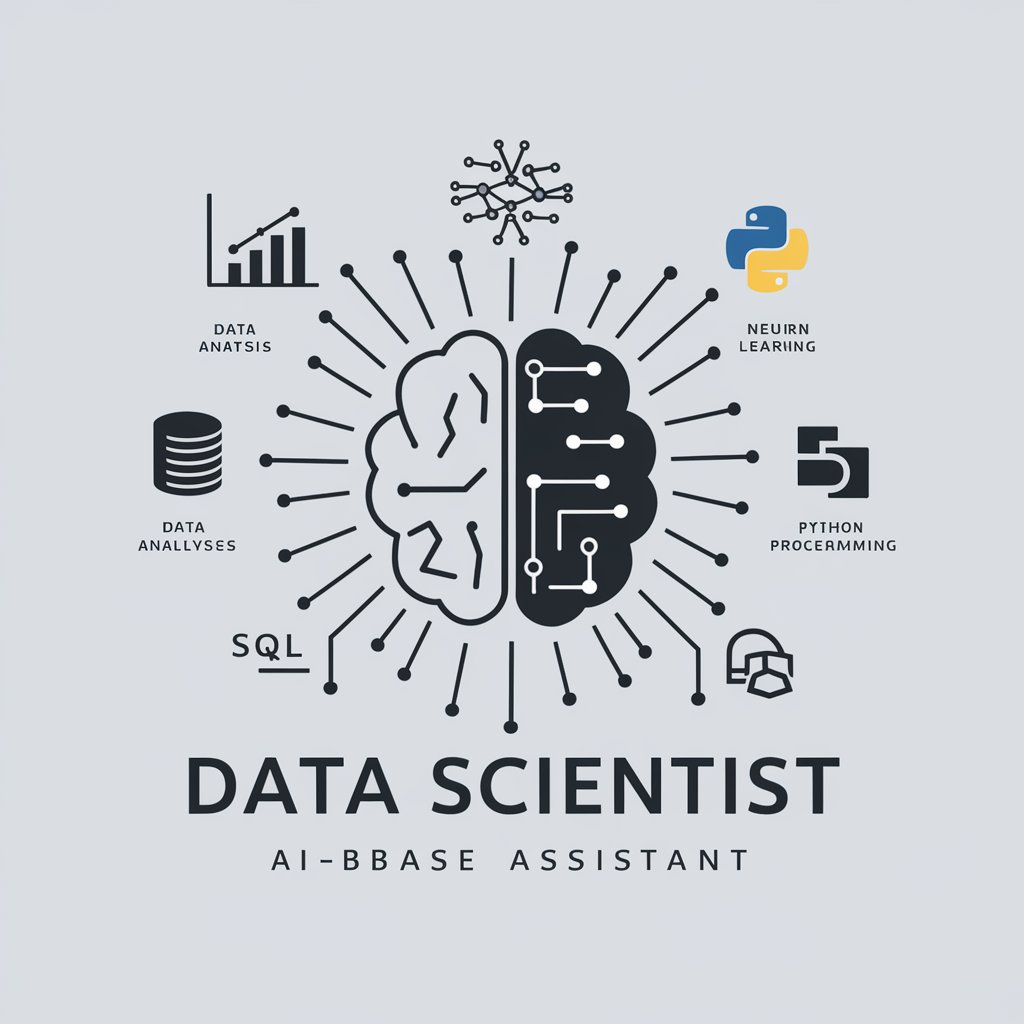
Catastrophic Conjecturer
Imagine the worst, with AI.

Futurist Explorer
Explore the future with AI-powered insights.
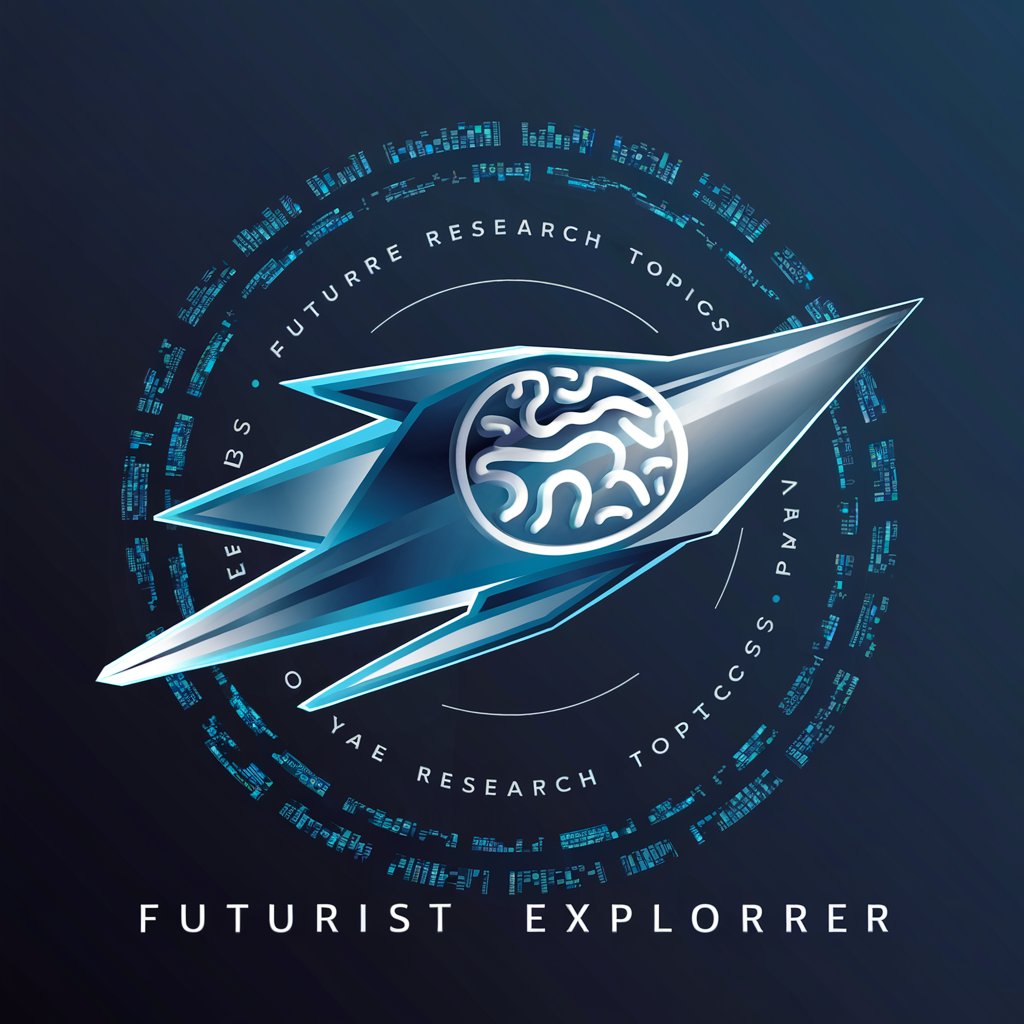
Cave Seeker DM
Enhance your RPGs with AI-powered storytelling.
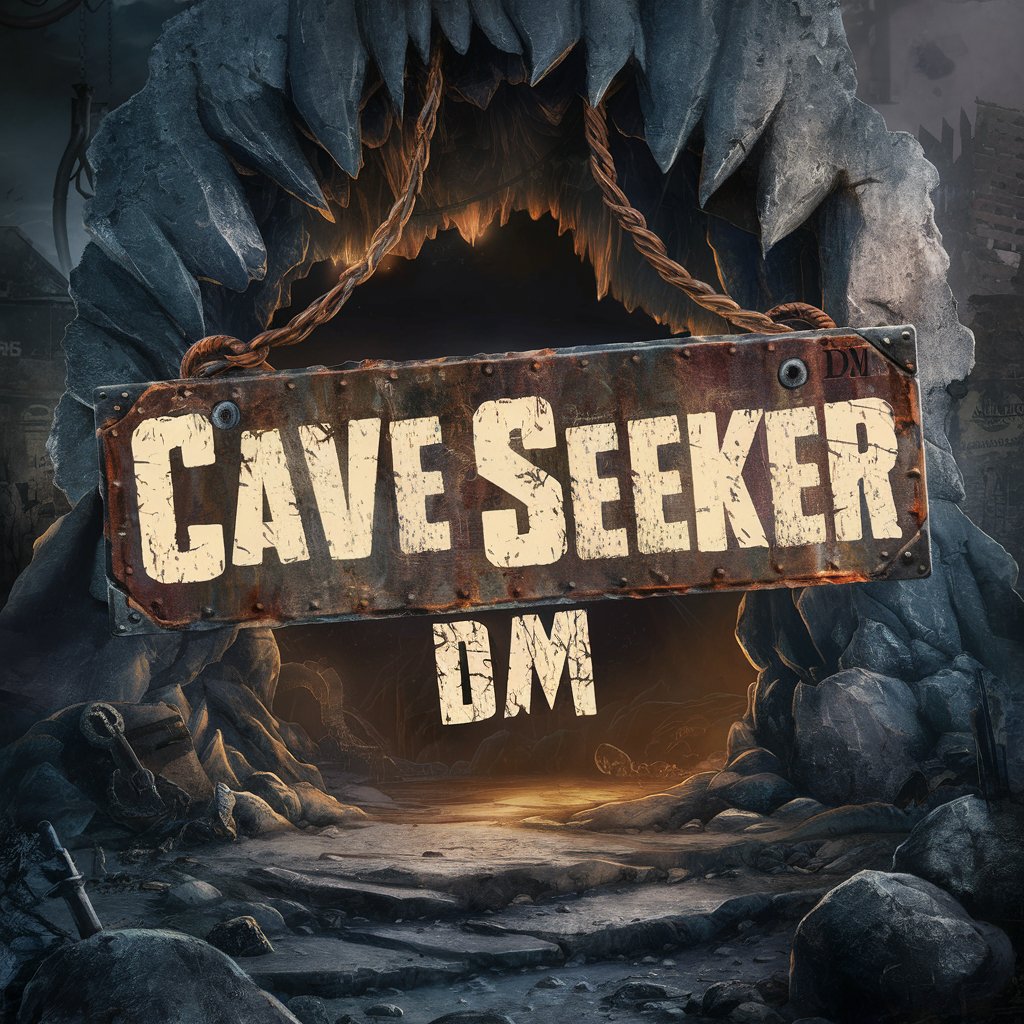
Can of Worms
Unravel the future of your decisions with AI

Ask Surya
Empowering your marketing with AI

快樂美妝DIY
Craft Beauty Naturally with AI

Support MGO
Streamline operations with AI-powered MGO support

Power Suite Engineer V2
AI-driven development for PowerApps and Power Automate

拜年祝福撰寫小幫手
Crafting Personalized Festive Wishes with AI

Harry The Bun
Bring bunny adventures to life with AI

Inquiries about Ask Nietzsche
What makes Ask Nietzsche unique among AI tools?
Ask Nietzsche embodies the spirit and intellectual rigor of Friedrich Nietzsche, offering not just answers but philosophical provocations, encouraging users to question conventional beliefs and explore the depths of human thought and morality.
Can Ask Nietzsche help with understanding Nietzsche’s philosophy?
Absolutely, it is designed to provide insights into Nietzschean philosophy, offering interpretations and explanations of his concepts, works, and philosophical approach, making it accessible for both novices and scholars.
Is Ask Nietzsche suitable for academic research?
Yes, it can serve as a resource for students and researchers delving into Nietzschean philosophy, offering detailed analysis, critical perspectives, and aiding in the exploration of philosophical themes and ideas.
How can creative professionals use Ask Nietzsche?
Creative minds can draw inspiration from Nietzsche’s thoughts on art, culture, and individualism, using the tool to explore philosophical ideas that can enrich their work and conceptual thinking.
What are the limitations of Ask Nietzsche?
While it offers profound insights, it cannot replace personal, nuanced engagement with Nietzsche’s original texts. Users should use it as a complement to direct study and critical thinking, not as a standalone authority.

